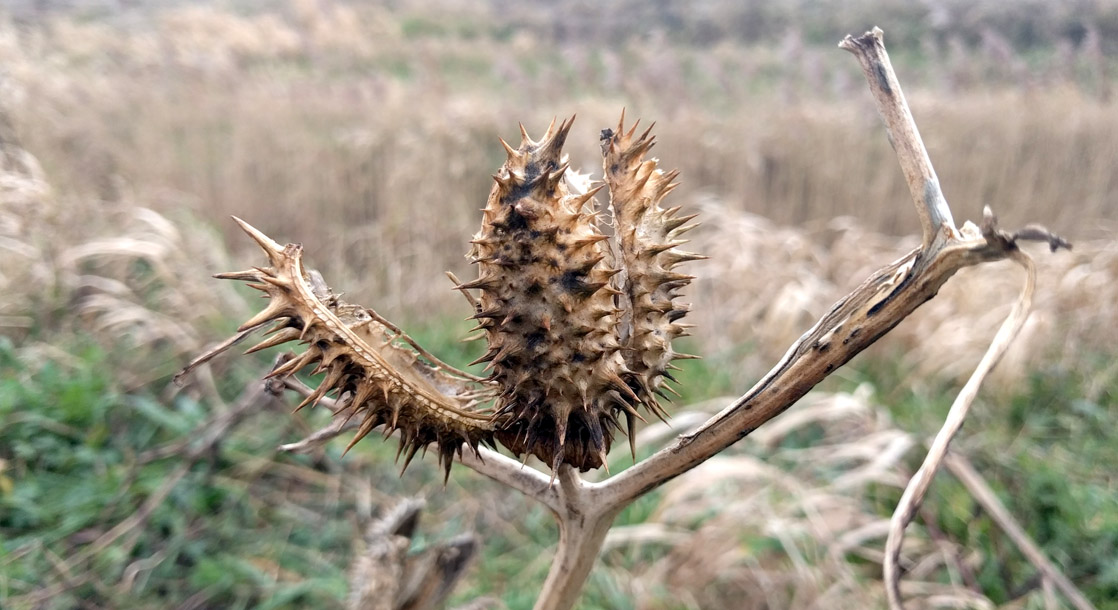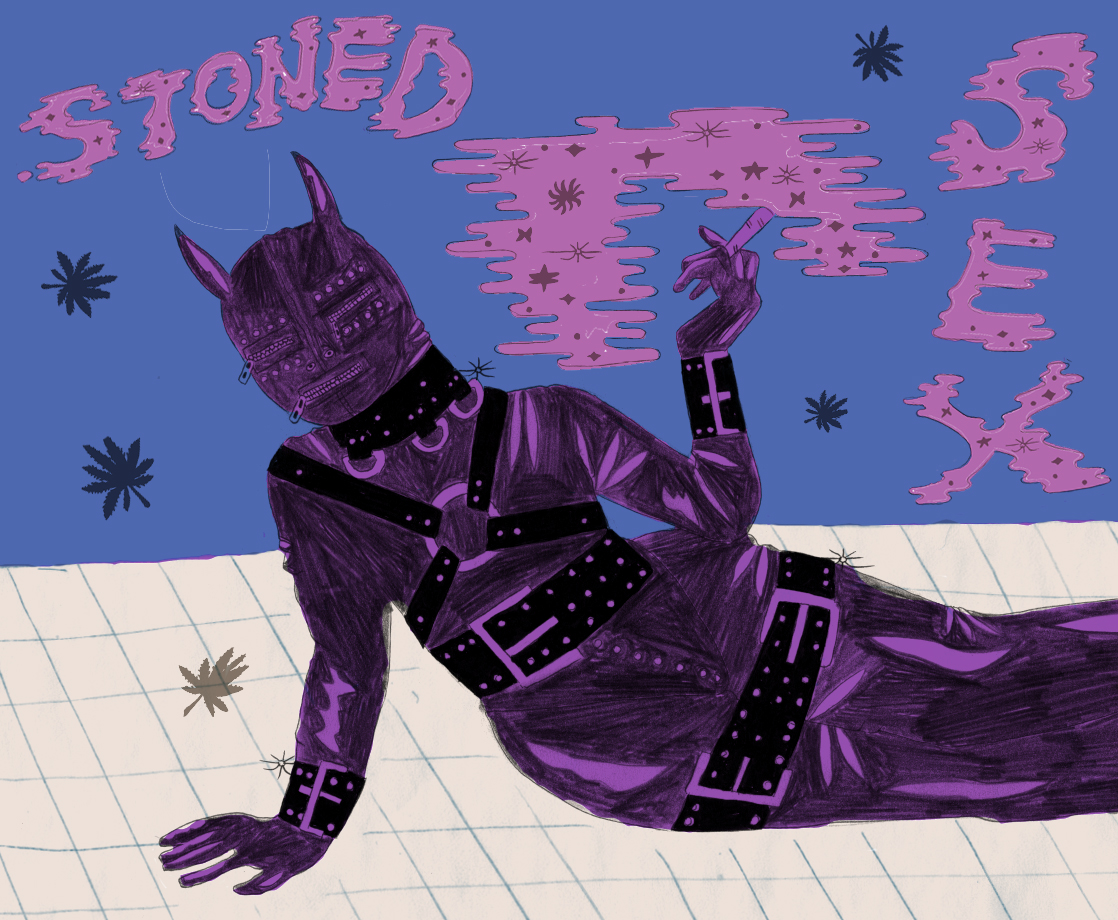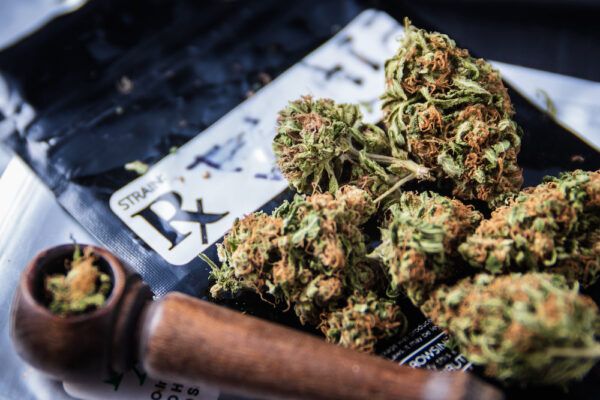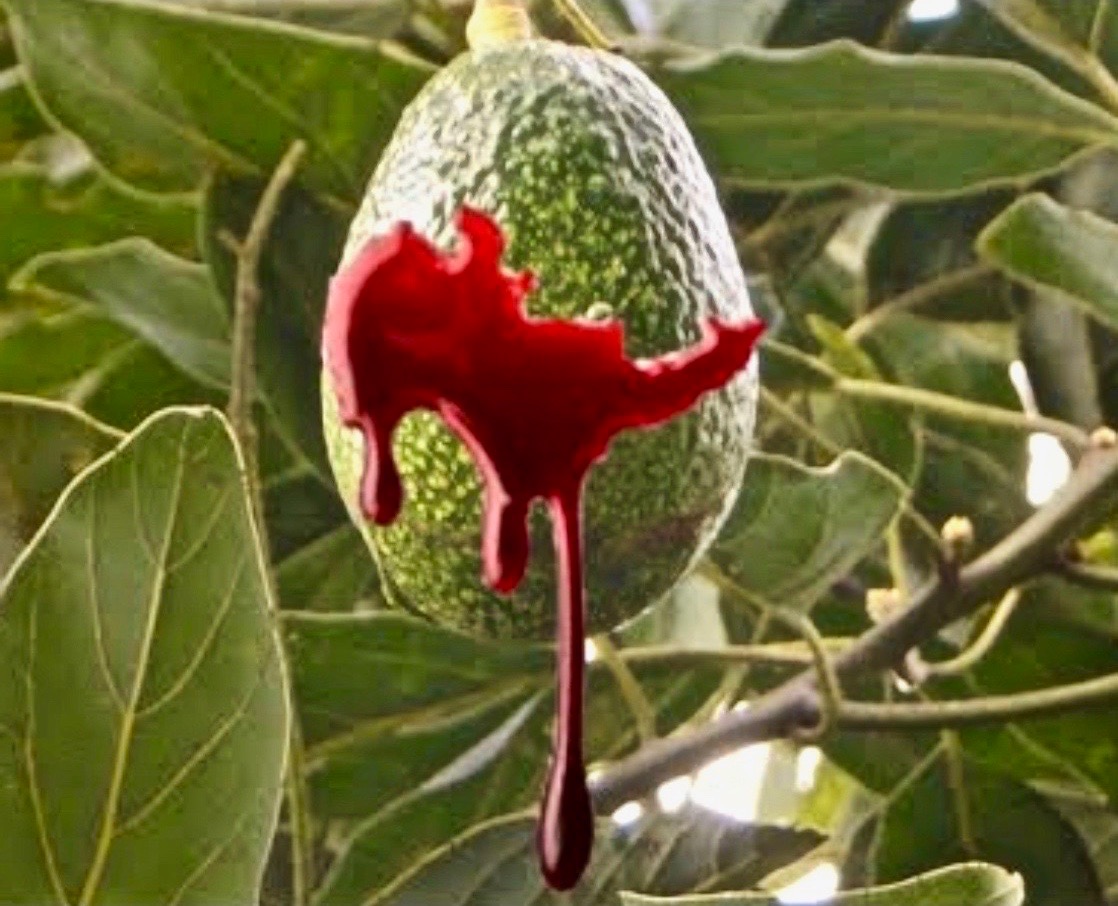Upwards of 160 Australians experienced delirium and hallucinations after eating contaminated baby spinach from Riviera Farms in the state of Victoria. The farm in question told the press that the outbreak, according to the state’s health department, was a flowering plant called jimsonweed.
It seems that most of the negative effects of the leafy greens were temporary, though they did lead to at least 190 reports of intoxication, and at least 33 hospitalizations in New South Wales alone.
The deleterious effects caused Food Standards Australia New Zealand to confirm that a widespread recall initially affecting the state of New South Wales of “all affected products, linked to the Riviera Farms baby spinach” had been successful. The products had been on the shelves awaiting holiday shoppers at over 20 retail outlets, including Woolworths, Coles, Aldi, and Costco supermarkets.
“We have confirmed the spinach was contaminated with a weed called thornapple,” Riviera Farms announced last week.
The farm wanted to make it clear to consumers that they would not be seeing things after eating its products from now on—particularly since it will have to re-apply to be certified and begin baby spinach production again. Officials there announced that the business would be conducting its own independent investigation into how the contamination took place.
“As per our original advice on 15 December, no other Riviera Farms produce have been impacted by this weed. As a precautionary measure, neighbouring crops of spinach are in the process of being destroyed,” said a spokesperson for the farm.”
Earlier this year, a similar jimsonweed-spinach mixup took place, resulting in the hospitalization of at least 12 people before the error was identified. That incident took place in Pozzuoli, in the Campania region of the country.
Jimsonweed (also known by the names thorn apple, devil’s snare or its scientific moniker datura stramonium) is not native to Australia, though it is grown there as a decorative plant. It is thought to be indigenous to Central America, and is found throughout North America. It is characterized by its white or violet flowers that take on the form of a trumpet, and the fruit with spines it produces.
It is sometimes ingested recreationally, although such botanical adventures can often lead to a trip to the emergency room if not conducted with the proper prior knowledge.
The Centers for Disease Control and Prevention say that jimsonweed can provoke “dry mucous membranes and skin, thirst, flushing, fever, blurred vision, altered mental status, mydriasis, urinary retention, tachycardia, coma, and, in rare cases, death.”
Effects from the plant are due to its ability to block an important neurotransmitter named acetylcholine. There are unconfirmed reports that jimsonweed has been employed in wartime to incapacitate enemies, and even by British troops during the American Revolution.
It’s a difficult matter to confirm that it was jimsonweed that impacted the Australian spinach eaters. Apparently, there are no existing lab tests to confirm that a person has ingested jimsonweed, making this epidemic a difficult one to diagnosis. The Victoria authorities apparently came to their conclusion.
Follow Caitlin on Instagram, and catch her Spanish-language podcast Crónica on Spotify and Mixcloud.
Cover image via











